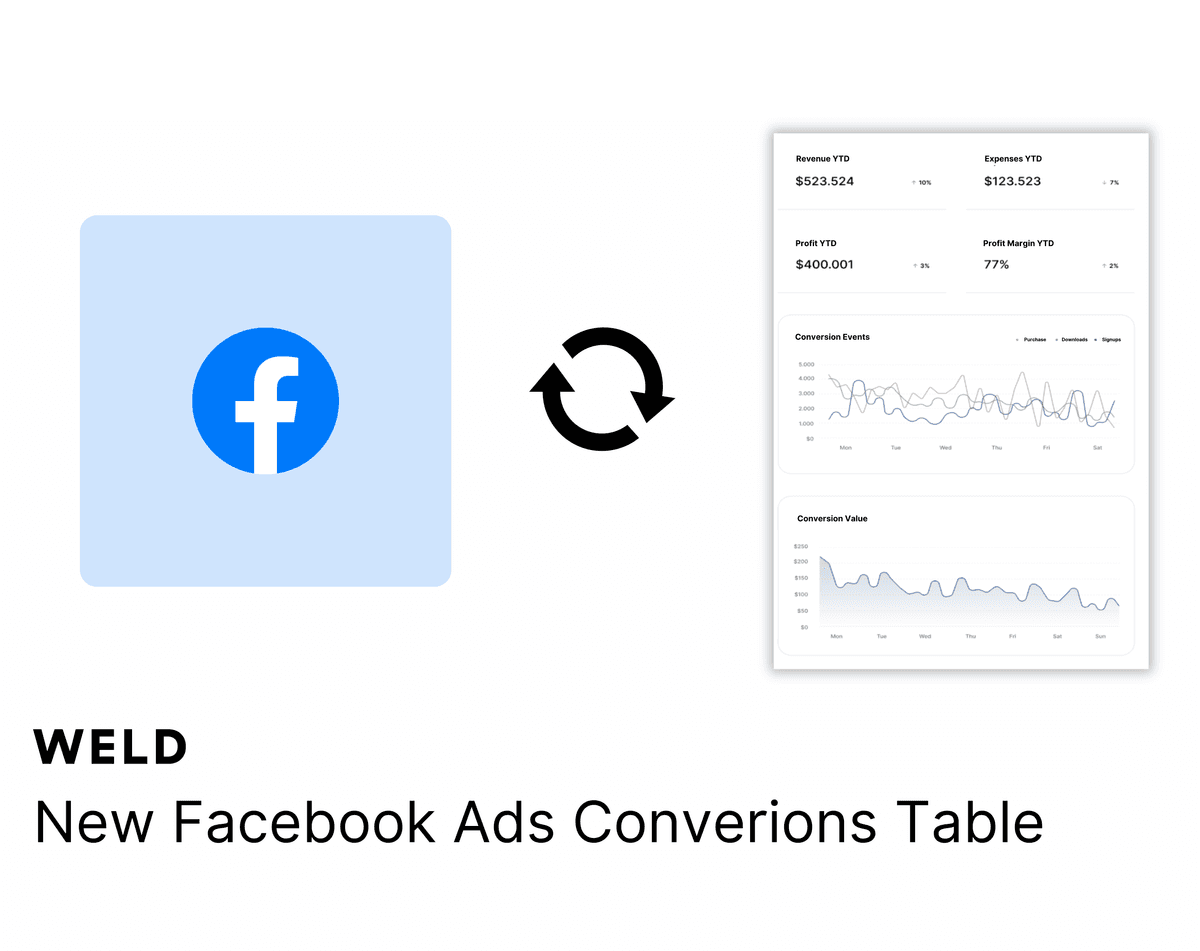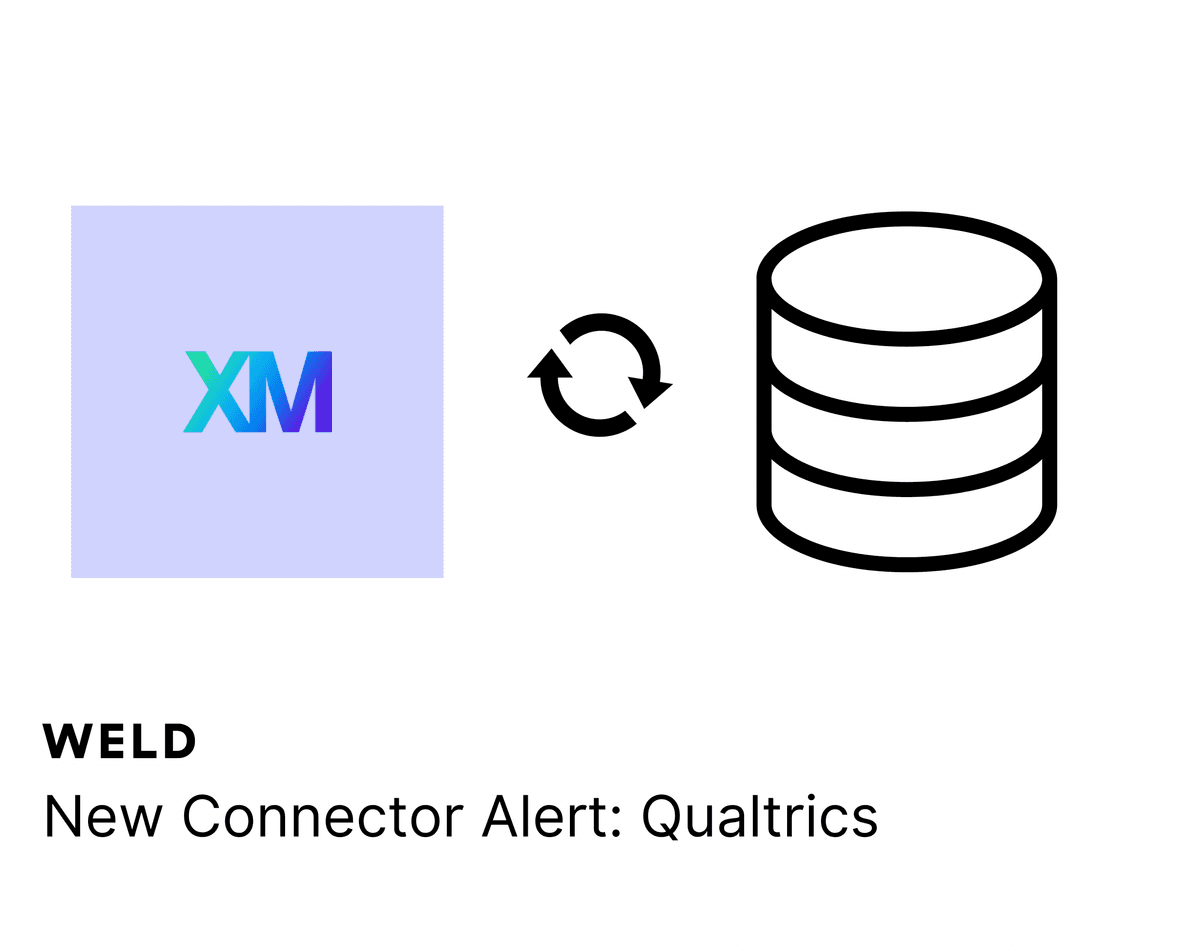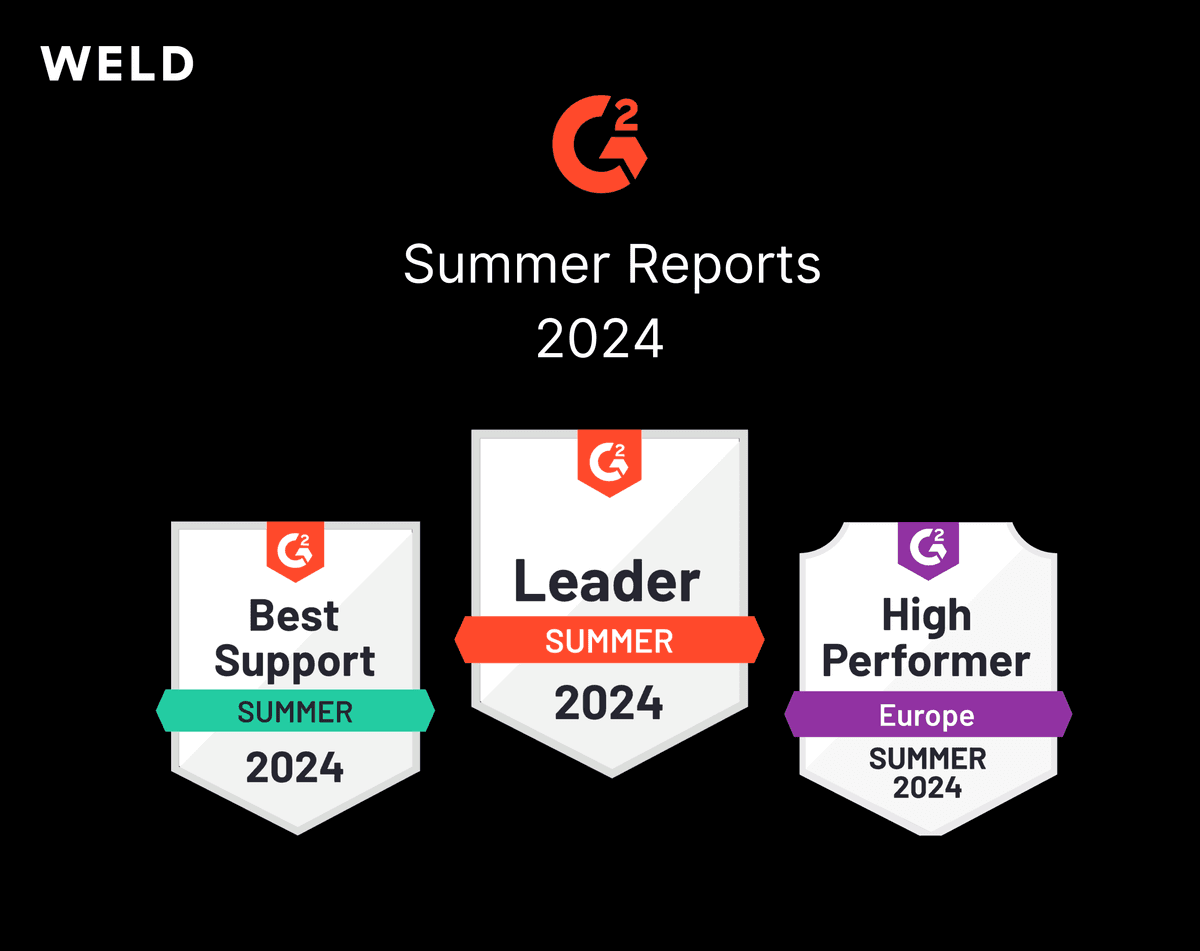
Data Engineer vs. Data Analyst vs. Data Scientist: Who's who?
Being able to understand and activate business data is essential to a company’s success in 2022. And naturally, many companies are looking to hire a specialist to help achieve this goal — but may not completely understand the difference between a Data Engineer, Data Analyst, and Data Scientist. To hire the right expert or start building a data team, it’s important to really grasp what each of these roles entail and the skills and strengths they require.
Whether you're looking to hire a data expert or launch your own career in data, there are several areas of expertise to consider. Keep reading to learn the nuances between these roles in data, and which ones are most relevant or interesting to you.
What is a Data Engineer, a Data Analyst, and a Data Scientist?
Let’s start with the basics: what are each of these roles, and what unique value do they bring to a company?
What is a Data Engineer?
In many ways, the role of a Data Engineer is similar to other software development roles. What makes this role unique is that Data Engineers specialize in creating solutions surrounding data. In the same way that a Web Developer uses the tools, languages, and structures of website development, a Data Engineer uses the tools, languages, and structures of data engineering.
Data Engineering is a foundational role for business data operations. These specialists work to build the systems that collect, manage, transform, and structure a company's data. A Data Engineer’s work enables the work of Data Analysts and Data Scientists.
What is a Data Analyst?
This role consists of looking at large amounts of data and pulling meaningful insights from that data. Data Analysts examine company data and help others understand the story that the data is telling. They deliver information and visuals to help provide the business with actionable insights to make better decisions.
An analyst might also conduct a bit of transformation and some basic database programming in SQL, and a Data Engineer may have some analytical skills they can apply to the work they do. However, each is its own unique expertise, and tends to be its own unique role.
What is a Data Scientist?
A Data Scientist tends to have a more technical and broad-ranging position than a Data Analyst. Beyond offering up useful insights from data, it's the role of the Data Scientist to uncover patterns, develop algorithms, and make predictions that paint a bigger picture.
As such, a Data Scientist encompasses a range of disciplines, from math and statistics to science to programming to machine learning and even hacking. They are typically best suited to data initiatives that involve a very large amount of data, more complex data, or a more in-depth level of analysis.
Skills and strengths of each data specialist
Every data specialist needs the right skills and strengths to succeed in their role. Here are some of the unique skills to look for or develop in each data expertise.
Data Engineer skills
- Software development, especially with the Java and Python languages.
- Comfortable with SQL, NoSQL, and other tools used to create and maintain databases.
- Familiarity with data warehouse platforms and other big data tools.
- Some understanding of various operating systems.
Data Analyst skills
- Strong problem-solving, critical thinking, and analytical skills.
- Excellent communication skills and the ability to explain ideas through various mediums (writing, speaking, visuals, etc.).
- Well-versed in Excel and SQL.
- Mathematics, particularly surrounding data and statistics.
- Storytelling and narrative development from data.
Data Scientist skills
- Strong grasp of mathematics, including algebra and statistics.
- Ability to pull insights from both structured data and unstructured data.
- Proficiency in SQL, NoSQL, Python, R, and SAS.
- Experience with big data tools.
- Ability to write algorithms from scratch.
Responsibilities of Data Engineers, Data Analysts, and Data Scientists
Each of these three roles has their own responsibilities on a data team, and is accountable for different things. Here’s what each expertise is typically responsible for.
Data Engineer responsibilities
Data Engineers are responsible for building and maintaining the data systems a company needs for their data operations. Part of this is to regularly test the systems to ensure the data being collected is useful, accurate, and relevant to the business.
Data Analyst responsibilities
Data Analysts are responsible for extracting valuable information and actionable insights from company data. They produce reports and visualizations to communicate the crucial business intelligence information stakeholders and teams need to make smart, strategic decisions.
Data Scientist responsibilities
Finally, Data Scientists are responsible for deeper, more complex uses of company data that are often less diagnostic and more predictive. They uncover patterns and develop algorithms to better understand and anticipate trends, and may also transform data and improve the data collection process.
A data team's toolbox: What they need to succeed
Like every expertise, data specialists (and data teams) need the right toolbox in place to support their day-to-day work. This means having a system that helps them collect, store, transform, and activate company data. So what does this look like?
Most modern organizations use tens if not hundreds of software to run their various operations and departments — and all of these tools produce and provide business data. But data teams are not exempt from the continued increase in tooling, and many rely on several tools to perform individual tasks. The result is a patchwork system of various niche software that together comprise a modern data stack, built from scratch.
The trouble is that these systems can be expensive and time consuming to set up, and require ongoing maintenance and care to continue running. Data specialists invest a large amount of time and energy into establishing a system that then takes up more of their time in upkeep. In turn, companies get less value from their data teams because this workload means less time for the projects that require their unique skill sets.
A new era of data tooling
To get their data operations up and running faster and more efficiently, more and more organizations are opting for all-in-one, plug-and-play solutions. Weld’s complete data platform performs every function needed in a modern data stack:
- The Gather (ELT) function extracts customer data from various sources, including SaaS apps and production databases, and centralizes it in the data warehouse.
- The Metrics Store creates data governance across teams with clear metrics definitions, ownership, change logs, and approval flows.
- Pipelines and models are easy to understand and monitor, and collaborative SQL keeps queries organized, accessible, and centralized.
- The Activate (reverse-ETL) function sends key data points back out to teams’ most-used software, bringing data into everyone’s day-to-day.
Developed by data experts for both technical and non-technical users, Weld is the perfect tool for companies that want to get data-driven quickly. Rather than spend months (or even years) building a big data team and the tooling to support them, organizations can launch their data operations in a matter of hours. And, well-established data teams can reclaim their valuable time and energy with a modern data stack out of the box. To learn more about how Weld could support your data needs, reach out to one of our specialists.
Successful data strategies begin with the right team, and the right tools
Launching a company’s data operations can feel like a big undertaking, but it doesn’t have to be. Understanding the different roles of a Data Engineer, Data Analyst, and Data Scientist helps both organizations and individuals figure out which expertise is right for them. With the right tooling, any one of these specialists can make the best use of their skill set and strengths — and companies without an in-house team of experts can still derive value from their data.
Continue reading

New Facebook Ads Conversion Table
Analysing your Facebook Ads conversion data has now got easier with our new conversion insights table.

New Connector Alert - Qualtrics
Need better Qualtrics reporting? Weld allows you to seamlessly integrate your Qualtrics data with the rest of data sources, creating a unified view of your business metrics. Enhance your analytics and make more informed decisions with our new ETL connector!

G2 2024 Summer Reports
The G2 2024 summer reports are live and Weld has been awarded 39 badges!





